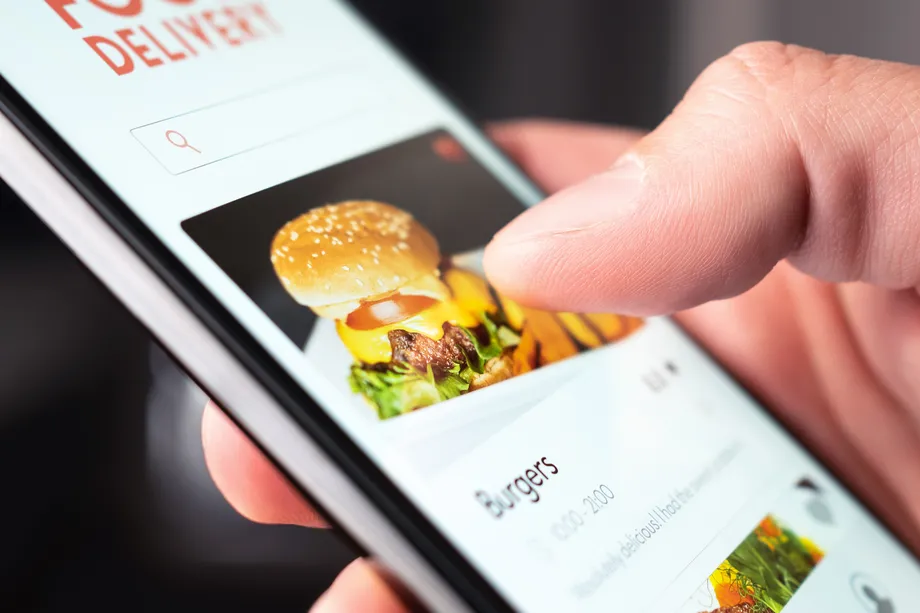
No one is happy about the delivery apps. Not the customers, who feel gouged by an avalanche of fees. Not restaurants, who feel gut-punched by the commission apps take from them. Certainly not delivery workers, who have long been rewarded with a pittance for doing a job that, in a city like New York, has a higher injury rate than that of construction workers.
Amid this dogpile of disgruntlement, the merry-go-round of debating the value of food delivery keeps spinning. After all, some people, especially those with disabilities, rely on such services — but then, it is difficult work, and everyone ought to tip well. Another faction argues that this isn’t fair, because it’s already so unaffordable. The delivery apps themselves recede somewhat into the background, as if their existence is a given. They’re merely fulfilling a demand in the market, naturally taking a cut for themselves — two plus two equals four. Our desire to consume is seen as the problem, the having-cake-and-eating-it-too mentality of expecting affordable convenience.










